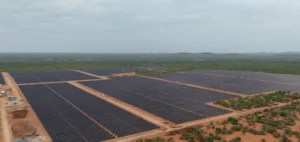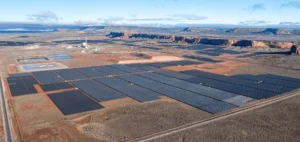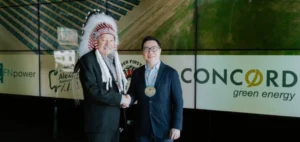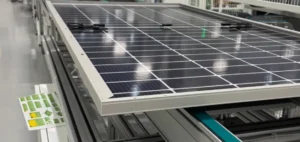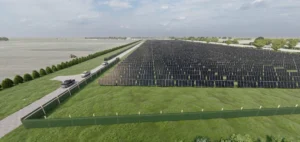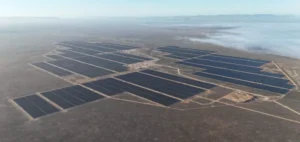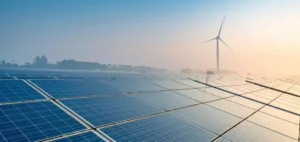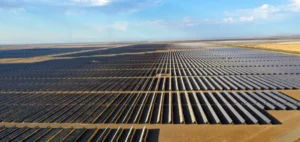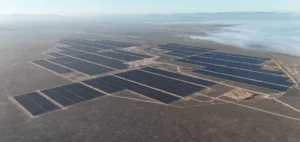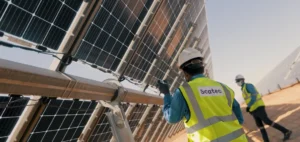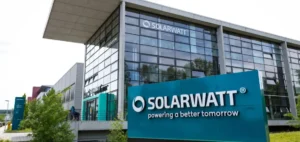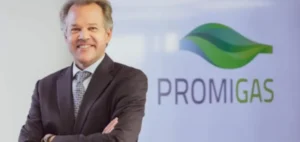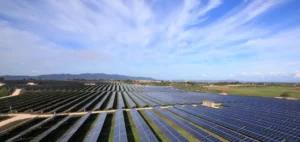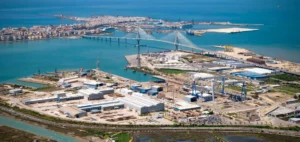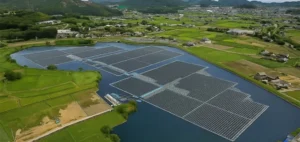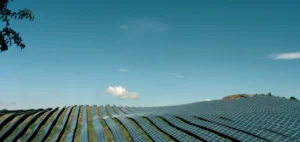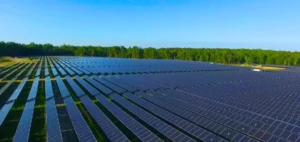In Kairouan, Tunisia, a solar power plant will benefit from a $27 million loan and €10 million to co-finance a project.
A financial package
In Kairouan, the solar power plant project will have a capacity of 100MW. The loan approved by the Board of Directors of the African Development Bank (AfDB) will allow AMEA Power to co-finance the project. Thus, it is a construction, acquisition and operation plan.
In addition to the loans, $17 million in faith-based funding from the Sustainable Energy Fund for Africa (SEFA) has been provided. SEFA is a multi-donor fund managed by the AfDB. In addition, the International Finance Corporation (IFC), which is part of the World Bank, is also involved in the financing.
The goal of decarbonation
AMEA will manage the facility through Kairouan Solar Plant SARL. Wale Shonibare, Director of Energy Financial Solutions, Policy and Regulation at the AfDB, says:
“We are delighted to support the first IPP solar project in Tunisia. The success of the transaction meets the highest banking standards after discussions with the government. This success provides a useful model for future Tunisian projects. These projects will be able to help the country get closer to its 35% clean energy target.”
Kevin Kariuki, Vice President of Power, Energy, Climate and Green Growth at the AfDB says:
“The 100 MW solar PV project in Kairouan will be a pioneer for other solar or wind projects under development in Tunisia. However, the project will also become a reference for the guarantees and banking framework for green energy projects in the country. Indeed, the facility will be supported by robust and sustainable agreements. These agreements have been negotiated over the past three years under onerous market conditions.”
The Kairouan solar site embodies SEFA’s catalytic effect in helping developers realize renewable and sustainable projects. Thus, they will help to promote the African energy transition. The Kairouan solar site is in line with the objective of reducing Tunisia’s carbon emissions by 35%.



